At Walking the Talk, we know that you need friendly expert advice. You also need well tested tools to help you define and bring your target culture to life. We have created a set of practical tools and products that make culture transformation even simpler, faster, and more actionable.
Getting leaders clear, aligned and focused on your culture goals upfront and how they align to your strategy is a key success factor for culture transformation.
Our Target Culture Mapping methodology helps you and your executives define and align around an aspirational and unique future culture vision to deliver on your strategy.
We know your executives are time-poor, so our Target Culture Mapping methodology is designed to create maximum impact through minimum time investment.
Our Target Culture Mapping approach:
What Target Culture Mapping does that you will find nowhere else
Fast alignment of the top team around the target cultural attributes for success, in a fun and interactive setting and can be delivered both virtually and face-to-face.
We’ve helped create about 80 successful target culture maps. Target Culture Mapping is one of our favourite steps in a culture journey, so we’re always looking forward to the next one!

Head Office / Europe:
+31 (0) 20 240 2233
North America:
+1 (0) 212 417 0221
UK: +44 (0) 207 100 6999
Asia Pacific: +61 (2) 8310 5285
Brazil & Latin America: +55 (11) 932 500 683
(WhatsApp available)